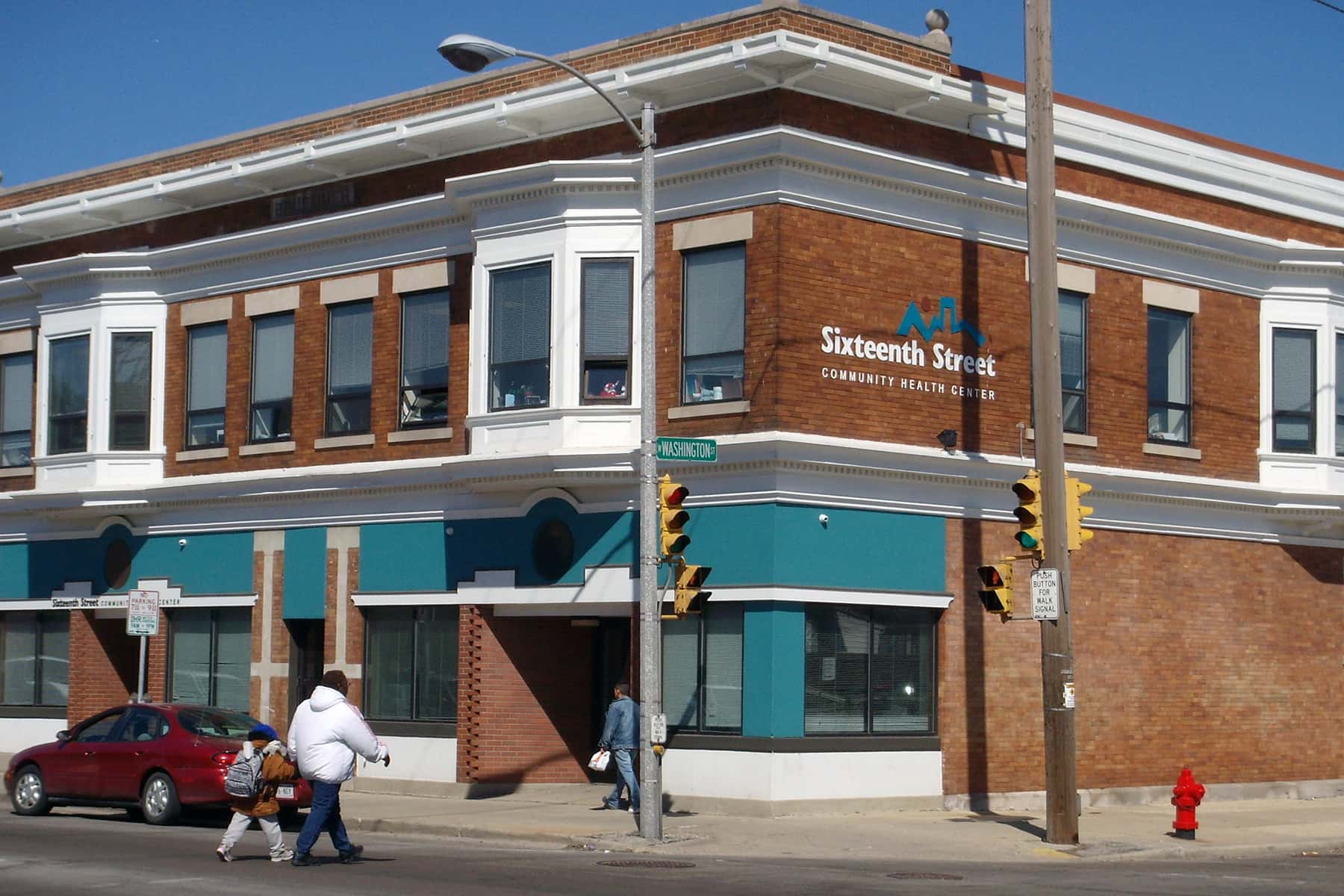
Sixteenth Street Community Health Center was awarded $1 million in funding from the Wisconsin Partnership Program at the University of Wisconsin School of Medicine and Public Health for its project, “Improving Health Outcomes by Proactively Integrating Social Determinants Screening into Primary Care Practice.”
The project’s ultimate goal is to reduce housing instability and address healthy inequities among Sixteenth Street’s patients and community, who are primarily Latino and live well below the federal poverty line.
The community faces numerous challenges to obtaining community resources, such as navigating complex applications requirements, language differences and concerns about divulging sensitive information.
The project aims to gain a deeper understanding of the socio-economic factors, such as housing insecurity, that inescapably propagate health disparities on the south side of Milwaukee.
Knowledge gained will be used to develop a collaborative model for healthcare and social services to close these health gaps and improve health outcomes for patients and community members.
The model will focus on patient-centered screening and interventions and purposeful data sharing across agencies to ensure a sustainable, systematic change to approaching and addressing social determinants in Sixteenth Street’s primary care practice.
“Interventions on the patient, organization and community levels are necessary to break the cycle of seemingly insurmountable obstacles that generation after generation of individuals suffer and to get people on a sustainable path to wellness,” said Dr. Julie Schuller, President and CEO of Sixteenth Street Community Health Centers.
This project was one of four 2018 Community Impact Grant awards funded by the Wisconsin Partnership Program at the University of Wisconsin School of Medicine and Public Health. The projects were selected for their potential to create conditions, systems and policy solutions that lead to equitable and sustainable improvements in health.
Michelle Corbett, MPH, CHES, Associate Researcher at the Center for Urban Population Health, will serve as the academic partner and lead evaluator on this project.
“We are committed to this partnership because of the great potential to make substantial policy, systems and environmental changes to reduce housing instability and address healthy inequities among Sixteenth Street’s patients and community,” said Corbett.
© Photo
Jim Moy














